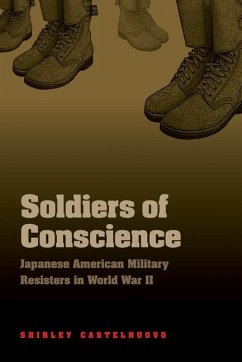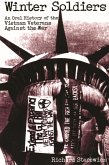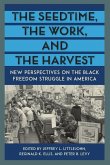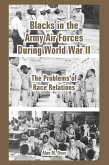After Japan's attack on Pearl Harbor, persons of Japanese ancestry were the victims of frequent racist acts and culturally biased governmental loyalty investigations and, finally, of exclusion and imprisonment. The majority of Japanese Americans complied with government actions during this period, including the drafting of Japanese Americans into military service. However, some two hundred Japanese Americans drafted into the army refused to serve in combat while their families languished in internment camps. The history of Japanese Americans in World War II does not record the stories of these resisters. It does not mention the War Department Special Organization, to which many of them were transferred, or the individuals who were tried and sentenced by military courts to long prison terms. The two hundred conscientious military resisters felt betrayed by the government and viewed the decision to imprison Japanese Americans as an immoral acquiescence to West Coast racism. Here, for the first time, the resisters' story is related in vivid detail. Shirley Castelnuovo follows many of the resisters into the postwar years, assessing the ramifications of their actions on their lives as individuals and within the broader context of the Japanese American community.
Hinweis: Dieser Artikel kann nur an eine deutsche Lieferadresse ausgeliefert werden.
Hinweis: Dieser Artikel kann nur an eine deutsche Lieferadresse ausgeliefert werden.








